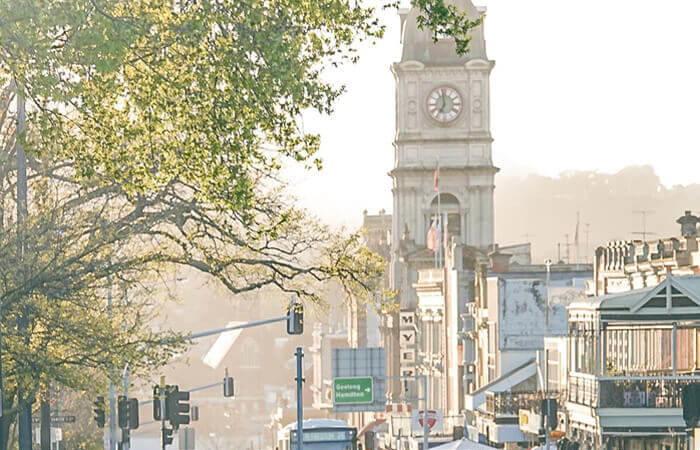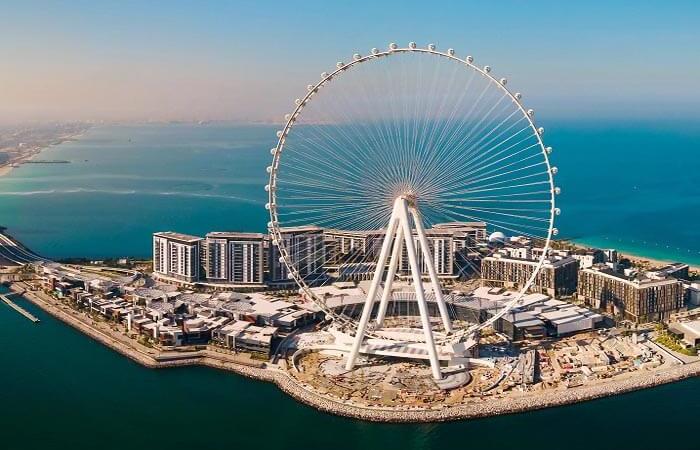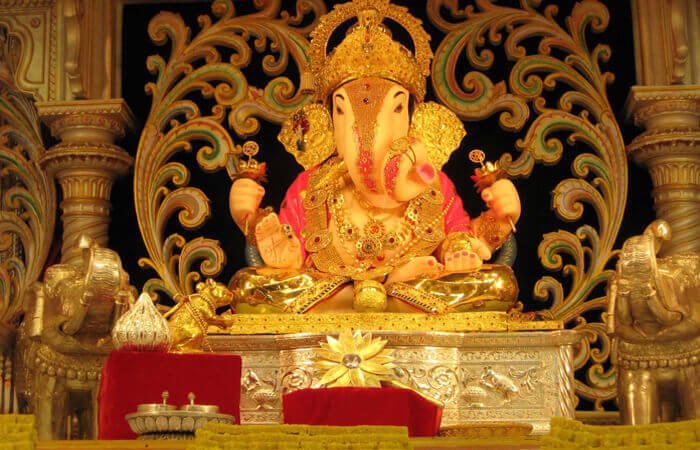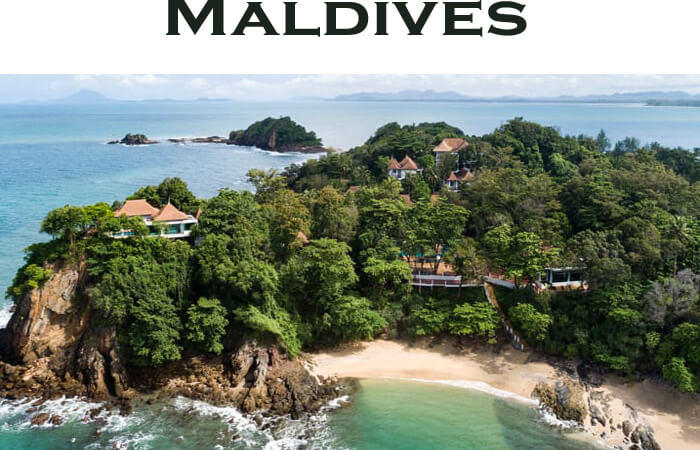Bandhavgarh National Park
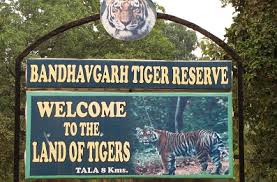
The thick forest of Bandhavgarh National Park sits in a bowl encircled by cliffs and wooded Vindhyan mountains in Madhya Pradesh, and its plains have a lot of grass and reed-covered wetlands where Kingfishers dive and Egrets sit poised, hunch-backed, in the shallows. Up above, vultures nestle in holes in the sheer cliffs.
The Bandhavgarh jungle, when it is large enough, becomes a living self-sustaining organism providing its own climate, atmosphere, water, and nutrition through its recycling systems. It even has a sleep-wake cycle. As more light fills the sky, Bandhavgarh begins to awaken.
Suggested Read: Culture of Madhya Pradesh
Flora In Bandhavgarh
Initially, just 105.40-sq-km in the area, Bandhavgarh with 25 resident tigers, was noted for its high-density tiger population. Today, it has been extended to an area of 437-sq-km. About half the Bandhavgarh park is covered with fine trees of Sal, while mixed forests are found in the higher reaches of the hills. Stretches of bamboo and grasslands extend to the north. The main wildlife viewing is still done in the core of the park with its 32 picturesque, wooded hills.
Suggested Read: Khajuraho
Major Wildlife Attractions
Once a hunting reserve of the royal family of Rewa in more recent times, Bandhavgarh was declared a park in 1968. This is also the site where the famous White Tigers of Rewa were discovered.
Wandering through the Bandhavgarh national park on an Elephant Back, the chances of seeing a tiger are quite good. Among the other wild attractions include Nilgai, Chausingha, Chital, Chinkara, Wild Boar, and sometimes a Fox or Jackal.
Suggested Read: Kanha National Park
Other Attractions In Bandhavgarh
Kalchuri Archeological Remains :
Besides the wildlife, Bandhavgarh is also famous for the archaeological remains of the Kalchuri period that have been found here.
Bandhavgarh Fort :
The Bandhavgarh park area is hilly and is dominated by the majestic Bandhavgarh fort, built in the 14th century. The fort and the adjacent hills have a large number of caves belonging to the pre-historic period.
Suggested read: Jyotirlinga Temple
Jeep & Elephant Safari :
One can enjoy viewing the wildlife in two ways in Bandhavgarh – Jeep Safari and Elephant Safari. Jeep safaris are undertaken during the early morning hours till evening. A forest department guide is always there with the visitors on these jeep trips taken inside the park. Elephant safari trips are organized for tiger tracking early in the morning.
Suggested Read: Amarkantak
Best Time to Visit
The visiting season of Bandhavgarh national park starts from Mid-November to June, as the park remains closed during the monsoon months from July to early November.
How to Get there
Air: Khajuraho at 230-km is the most convenient airport connected by various domestic airline services with Agra, Delhi, Varanasi.
Rail: The nearest railhead Umaria at 30-km is on the Katni-Bilaspur section of South-Eastern Railway. Another convenient railhead Satna (117-km) is on the Bombay-Howrah main line of the Central Railway.
Road: Bandhavgarh National Park is situated on the Satna-Umaria & Rewa-Umaria highway. Some of the important road distances are Khajuraho (via Satna)230-km, Varanasi (via Rewa) 340-km, Katni 75-km, Rewa 115-km, Umaria 30-km, Kanha 250-km. Madhya Pradesh State Transport Bus Services are also available from Rewa, Satna, Katni, and Umaria.
Suggested read: Sanchi Stupa
General Info / Tips
Note: Visitors are advised to reach the gate half an hour in advance to complete the formalities for entry into the park.
Suggested Read: Erotic Sculptures of Khajuraho


